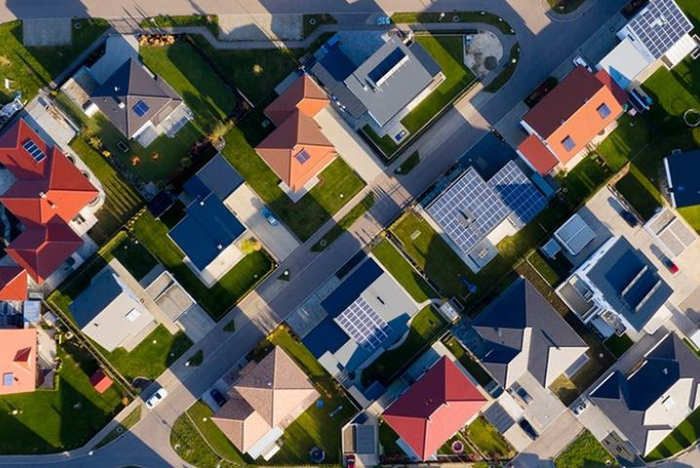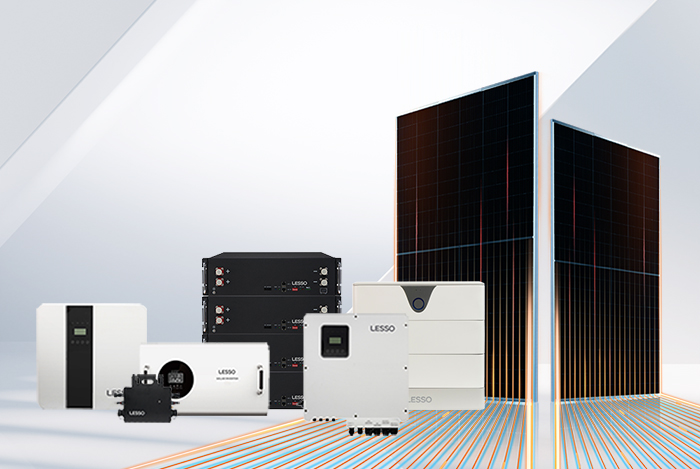The links and differences between photovoltaics and energy storage
Photovoltaics and energy storage are two stars that each play an indispensable role in the glittering arena of the energy sector. Although they have their own characteristics, but the tacit cooperation between each other, together constructed a clean, stable energy supply system. So, what is the connection and difference between these two "golden partners"? Let us come together to understand it.
First, photovoltaic and energy storage of close contact
1. Storage and utilization of electric energy
Photovoltaic system is like a diligent craftsman, solar energy into electricity. The energy storage system is like a shrewd storekeeper, storing the electricity so that it can be supplied at any time when needed. In this way, we can enjoy a stable power supply even at night or on cloudy days without sunlight.
2. Enhancing grid stability
The perfect combination of photovoltaics and energy storage is like putting a layer of solid armor on the power grid. By responding quickly to changes in grid demand, it can provide services such as frequency regulation and peak regulation to ensure the stable operation of the grid. Especially during peak demand hours, the energy storage system is able to release the stored power, reduce the dependence on traditional energy sources, and improve the reliability of the power grid.
3. Improve energy utilization efficiency
When there is sufficient sunshine, the power generated by the PV system can be stored in the energy storage equipment and used at night or on cloudy or rainy days. This not only realizes the balanced utilization of electric energy, but also improves the efficiency of energy utilization. At the same time, the energy storage system can also reduce the waste of energy caused by insufficient grid regulation capacity, further enhancing the efficiency of the entire energy system.
4. Promote new energy consumption
With the increase in the proportion of new energy generation, the combination of photovoltaic and energy storage can store new energy generation, reduce the phenomenon of abandoned wind and light due to insufficient grid regulation, and promote the effective use of new energy.
5. Support smart grid construction
As an important part of the smart grid, the combination of photovoltaic and energy storage can realize the intelligent management and scheduling of electric energy, and improve the intelligent level of the power grid.
6. Promote the development of distributed energy

The combination of PV and energy storage is particularly suitable for distributed energy systems, such as household rooftop PV and industrial park PV. These systems can generate and consume electricity in the vicinity, reduce power transmission losses and improve energy utilization efficiency.
7. Realize carbon neutrality
As a kind of clean and low-carbon energy utilization, PV energy storage system helps to reduce the use of fossil energy, reduce carbon emissions, and is of great significance in realizing the goal of global carbon neutrality.
The difference between photovoltaic and energy storage
1. Energy source and conversion method
Photovoltaic systems utilize solar energy directly, converting solar energy into electricity through the photovoltaic effect of solar panels; whereas energy storage systems are responsible for storing this electricity, without involving a direct conversion process.
2. System Composition
Photovoltaic systems are mainly composed of solar panels, inverters, etc., while energy storage systems are more complex, including not only some components of photovoltaic systems, but also storage batteries, battery management systems, converters and other key components.
3. Application Scenarios
Photovoltaic systems are widely used in areas with sufficient sunshine, and can either generate power independently or run on the grid; while energy storage systems have a wider range of application scenarios, in addition to being used in conjunction with photovoltaic systems, they can also be used for grid frequency regulation, peak shifting, and emergency back-up power.
4. Economic Benefits
The economic benefits of PV systems mainly depend on factors such as sunlight conditions, equipment costs, etc.; while the economic benefits of energy storage systems are closely related to the scale of energy storage, battery costs, charging and discharging efficiency. Both have their own advantages and disadvantages in terms of economy, but the combined use can bring higher overall benefits.

In summary, PV and energy storage play an indispensable role in the energy world. Their tacit cooperation not only improves energy utilization efficiency but also enhances grid stability; and their unique advantages also make them play an important role in different fields. In the future, with the continuous progress of technology and the expansion of application scenarios, we believe that this pair of "golden partners" will bring us more surprises!







